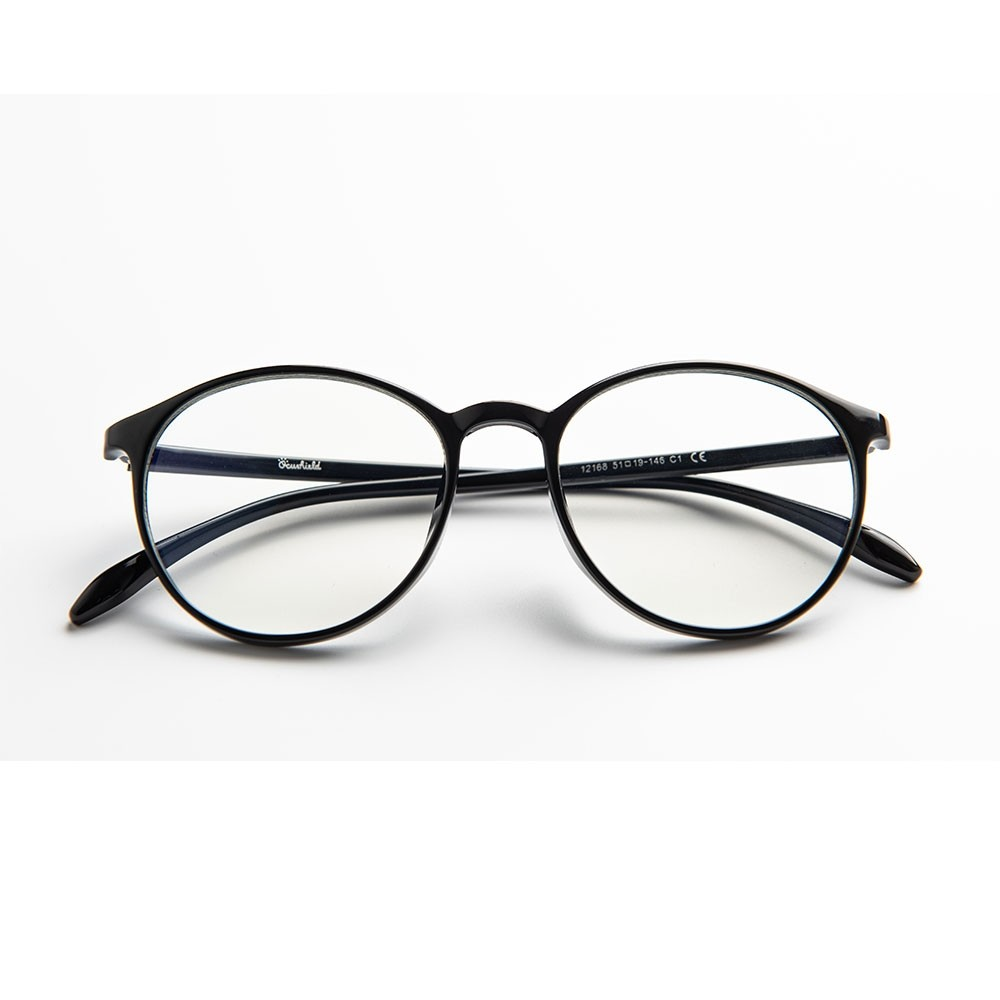How Photochromic Glasses Lenses Block Blue Light – Good or Bad?

Stepping out from a building and into the bright sun of the day can cause you to feel blinded. Photochromic glasses are made with a technology that makes the transition from indoor to outdoor lighting smoother by getting darker whenever they’re exposed to light. Photochromic lens technology is used on prescription glasses, thereby eliminating the need for you to buy prescription sunglasses. What you probably didn’t know is that they also block blue light, whether natural from the sun or artificial from digital devices. Find out more about that here.
Why Do You Need to Block Artificial Blue Light?
Blue light overexposure from digital devices like laptops, smartphones, TV screens, fluorescent LED lighting, tablets, and desktop screens is not good for your health. It wreaks havoc on both your physical and psychological health. Here are some of the health effects of excess artificial blue light:
Vision Problems
One of the most common effects of spending too much time on screens is digital eye strain. It’s a condition where the patient experiences a blurry vision, headaches, red, sore, and dry eyes after spending a lot of time staring at a screen. It’s caused by the intensity of blue light from these devices which can be too much for your eyes to handle.
Another condition that can result from too much blue light exposure is macular degeneration. Macular degeneration is an eye condition where the cells of the retina break down and cause blurry vision. It mostly occurs in older people because the cells of the retina wear out with time but it can develop earlier. This happens when the retina receives too much blue light and free radicals are produced in excess, leading to oxidative damage to the retinal cells.
You may develop cataracts due to exposure to excess blue light. This is caused in a similar way that macular degeneration is; through oxidative damage of the epithelial cells in the lens of your eyes. Eventually, your vision could get clouded.
Sleep Problems
The blue light from the sun is what is responsible for controlling your sleep-wake cycle. This is made possible by the photoreceptors in your retina that detect the absence or presence of blue light. When there’s no blue light at night, a signal is sent to your brain to trigger the production of melatonin, a hormone that induces sleep. In the morning, the appearance of blue light with sunrise causes a signal to be sent to the brain to stop melatonin production, waking you up.
When you stay up at night watching TV, gaming, working on your computer, or scrolling through social media on your smartphone, it upsets this biological clock. Your brain continues to suppress melatonin, thinking it’s still daytime. You, therefore, end up suffering from insomnia.
Health Problems
Health problems from artificial blue light are all a direct consequence of poor sleep. The problems that result from sleep deprivation and poor quality of sleep are depression, diabetes, cardiovascular diseases, and obesity.
How Do Photochromic Glasses Work?
Photochromic lenses are made with molecules of silver halide and chloride that change in the structure once exposed to ultraviolet (UV) light and they darken as a result. This change is reversible, and as the intensity of the UV rays weakens, the lenses get lighter until you go indoors and they become completely clear.
As photochromic lenses block UV light, they block blue light from the sun and artificial devices as well. This is because blue light forms part of the light spectrum that makes up the visible light of the sun. Therefore, wearing photochromic glasses while using electronic gadgets, will protect you from the harmful effects of blue light.
Not all blue light is bad, however. Natural blue light from the sun boosts your moods, alertness, and memory. Therefore, be sure to bask in the sun early in the morning unprotected when the sun rays are not too intense and harmful.
How Else Can You Protect Yourself from Blue Light?
Photochromic glasses lenses are not designed with blocking blue light in mind; UV protection is their aim. However, there are filters made specifically to block harmful blue light from devices. They come in form of:
Anti-Blue Light Glasses
These are eyewear made with lenses that block light within the blue light range (380nm-470nm). You can wear them as you use your digital devices to avoid getting eye, sleep, and health problems that blue light causes. They can either be clear or tinted amber depending on how much blue light they block. The amber glasses are best used at night because they block all blue light so your sleep won’t be disrupted. Clear glasses, on the other hand, block partial blue light so they should be worn during the day when it’s not as disruptive.
Blue Light Screen Protectors
These are filters that you can fit on your smartphone, tablet, or computer so as to prevent blue light from reaching your eyes. They also provide a shield against mechanical damage so you can never go wrong with getting yourself a blue screen protector for your iPad, smartphone, and computer.
Don’t wait until you notice the damage blue light is causing you for you to start looking for solutions. Make the decision to protect yourself today before it’s too late.





